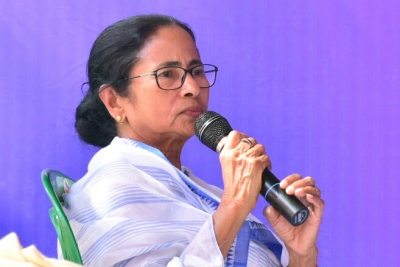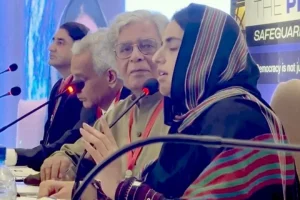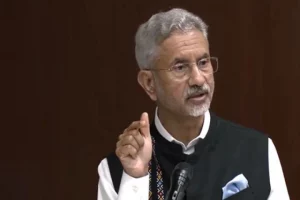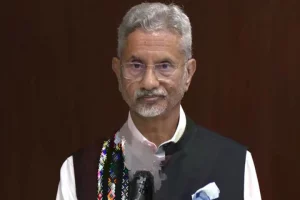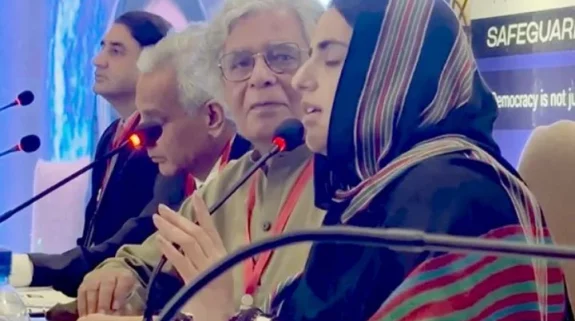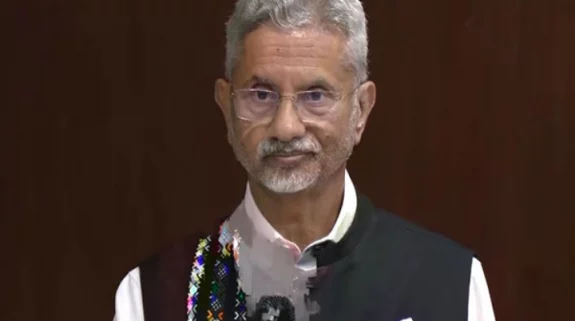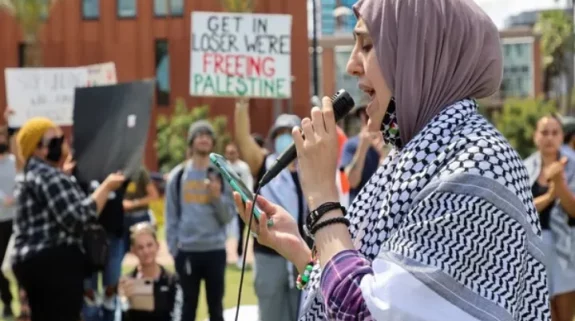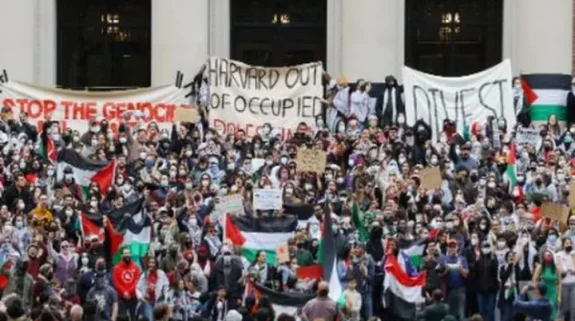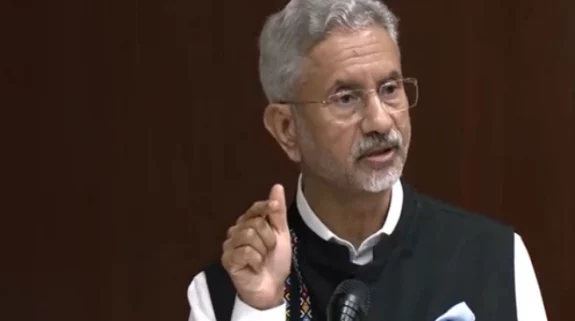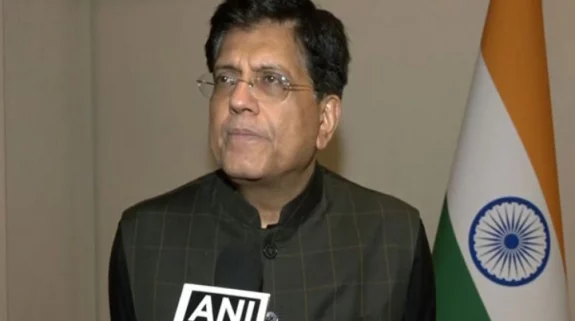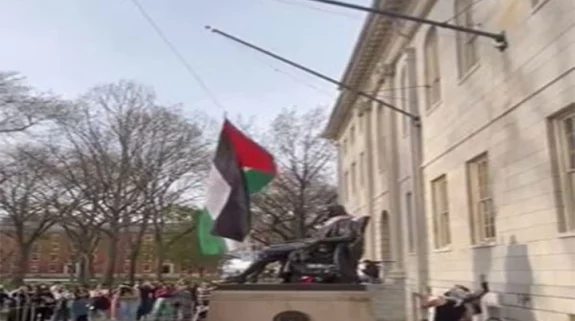When you land in Kolkata, the capital city of West Bengal, it is hard to ignore the well-lit streets, cluster of new flyovers and the glitter of five-star hotels. But the makeover of the metropolis could not be more cosmetic. Within a few kilometres from its glitzy entrepôt, mass misery in the Maximum City seeps in, spotlighted by broken roads, dilapidated buildings and homeless people.
No wonder that the undercurrent of joblessness which pierces the the gloss of Didi’s Kolkata, is likely to shape the results of the ongoing assembly elections.
Unemployment is one issue which cuts across all segments of the state –urban or rural, binding different communities together.
West Bengal chief minister Mamata Banerjee had given a clarion call in 2011 urging the people of the state to vote for “poriborton” or change. People did vote for Banerjee — Didi — as she is endearingly called, hoping that the agenda of development and employment would take centre-stage after 34 years of CPI (M) led Left rule, which had systematically destroyed the economic fabric of West Bengal.
Today as the battle for West Bengal is hotting up, the same plank of poriborton is haunting the TMC.
Unemployment
Political analyst Sajjan Kumar told India Narrative that unemployment “will play a major role in the state elections which are currently underway.”
According to the Centre for Monitoring Indian Economy (CMIE), West Bengal’s unemployment rate in March stood at 7.5 per cent. Besides, the state ranks fourth in terms of the number of migrant labourers, something that will cause embarrassment for Banerjee.
“TMC’s track record on the job front is very poor. The youth of the state is against Didi. They are not interested in freebies, they want jobs,” Kumar, who has travelled extensively across the state said.
He added that unemployment has remained a core issue since 1977—the year when the Left Front came to power in the state. “People, who voted for TMC hoping for change, are disappointed,” Kumar said, adding that the issue of unemployment is common between people of all communities, including the over 27 per cent Muslim population, considered a ready votebank for TMC.
Many of the people, who have jobs, are under-employed as there
The TMC, in its election manifesto, promised to generate five lakh job opportunities in a year. Besides jobs, Didi also announced an annual financial assistance for the economically weaker section of the society along with door-to- door ration delivery.
Prime Minister Narendra Modi in his first rally in early March promised to bring in “asol poriborton” –real change and transform the state into Sonar Bangla or Golden Bengal.
“Unemployment is a core issue. It is a known fact that thousands of people are moving out of West Bengal in search of employment—not just white-collar jobs but even otherwise and that is a sad commentary on the state of affairs. The youth is looking for gainful employment and there is a sense of urgency building up,” Sandip Ghose, political commentator added. However, Ghose also noted that the work culture in West Bengal has eroded systematically, which needs to be addressed.
Too little, too late
People seem unimpressed by Didi’s announcements.
“Things have become worse than what they were under the Left rule. Today corruption has risen manifold times, law and order situation has deteriorated while there has been no change in the unemployment situation,” said a resident of Kolkata. Residents of Kolkata are not impressed with the beautification of the city.
“It is the taxpayers’ money that has been used for beautifying the city. The money could have been put to more productive use. There are still no jobs and investments,” the resident said, adding that most young people move out of the city in search of jobs and livelihood.
Corruption
While employment remains a core election issue, Vikas Pathak, faculty member at Asian College of Journalism (ACJ) pointed out that corruption had added to Banerjee’s woes. “It is not only about unemployment, it is also the perception of contrast implying that those close to the ruling TMC continue to live in comfort. This brings the focus on rampant corruption including extortion money,” Pathak said.
He also added that though Banerjee has rolled out several welfare schemes, the benefits do not reach the target audience due to corruption, which has become a double edged sword.






